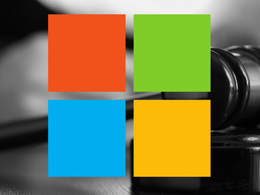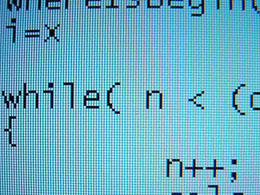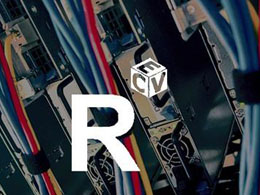
'Blockchain' May Fail Banks, But Open Software Won't
We all tend to have similar assumptions about the future. If you were to poll financial industry experts, the majority would agree that by 2050 sending payments will be as easy as WhatsApp messaging. We all (on some level) believe payments will be digital and instant – money transfers will be free, transactions will be private, the origin of funds will be known, and that the user will be the ultimate owner of his or her funds. Where you'll run into arguments, is whether or not 'bitcoin' or 'blockchain technology' is the right tool to bring about this change. Vested interests. First, a step....
Related News
R3’s blockchain software Corda, the product of the New York-based startup’s Concord project that aims to develop banking solutions overseen by 70 of the world’s biggest banks participating in the R3-led consortium, will go open source, via the Linux Foundation-led Hyperledger Project. R3 is spearheading what is arguably the biggest private blockchain effort, with several of world’s biggest banks, technological companies and other financial services companies taking part in its consortium. The startup’s Corda initiative – the blockchain solution software which is seen as its product to....
Hyperledger, a cross-industry collaborative effort started by the Linux Foundation and joined by many banks, giant tech companies, blockchain specific companies and others, with the aim of developing an open source protocol for private blockchain use, has extended its hand to the public blockchain community in what appears to be an offer of partnership and closer collaboration. Brian Behlendorf, Executive Director of Hyperledger, who was a primary developer of the Apache Web Server, a founding member of the Apache Software Foundation and serves on the board of Mozilla Foundation and....
Microsoft has launched another anti-open source software campaign in the last few weeks, targeting prominent Linux and free software companies. They’re attempting to limit open-source development with buy-outs, patent trolling, and charging royalties for products that use Linux. Their recent efforts have them grabbing up patents for open source technology including software developed by Canonical, publishers of the most popular Linux distribution, Ubuntu. Microsoft’s History of Open Source Attacks. This isn’t the first time Microsoft has used this methodology to try and hamper innovation....
Open-source software projects are starting to use bitcoins as a way to pay programmers for their work. Open-source software is developed under a license that enables anyone to view and modify its source code. Many commercial projects use open-source code, and popular software such as Linux is based on it. Although most open-source developers volunteer, there has also been a growing tradition of bounty sites, which will pay open-source developers for their help in developing software. These sites have used traditional currencies. Now, Bitcoin Bounties has a system that will enable....
In September Bitcoin Magazine reported that nine global banks were pooling resources to fund R3, a next-generation global financial services company focused on applications of cryptographic technology and distributed ledger-based protocols within global financial markets. Several other top banks joined R3 soon thereafter, and five more banks - ING, BNP Paribas, Wells Fargo, MacQuarie and the Canadian Imperial Bank of Commerce - joined in November. R3 is a next-generation global financial services company focused on applications of cryptographic technology and distributed ledger-based....





